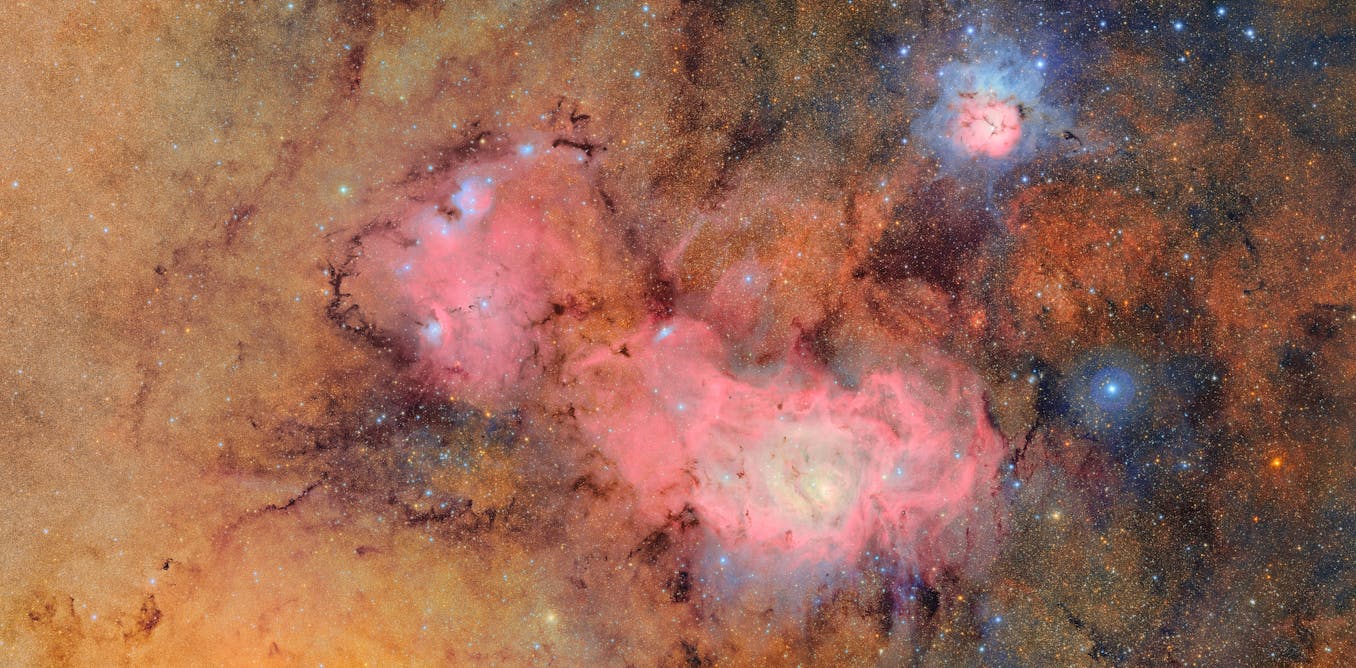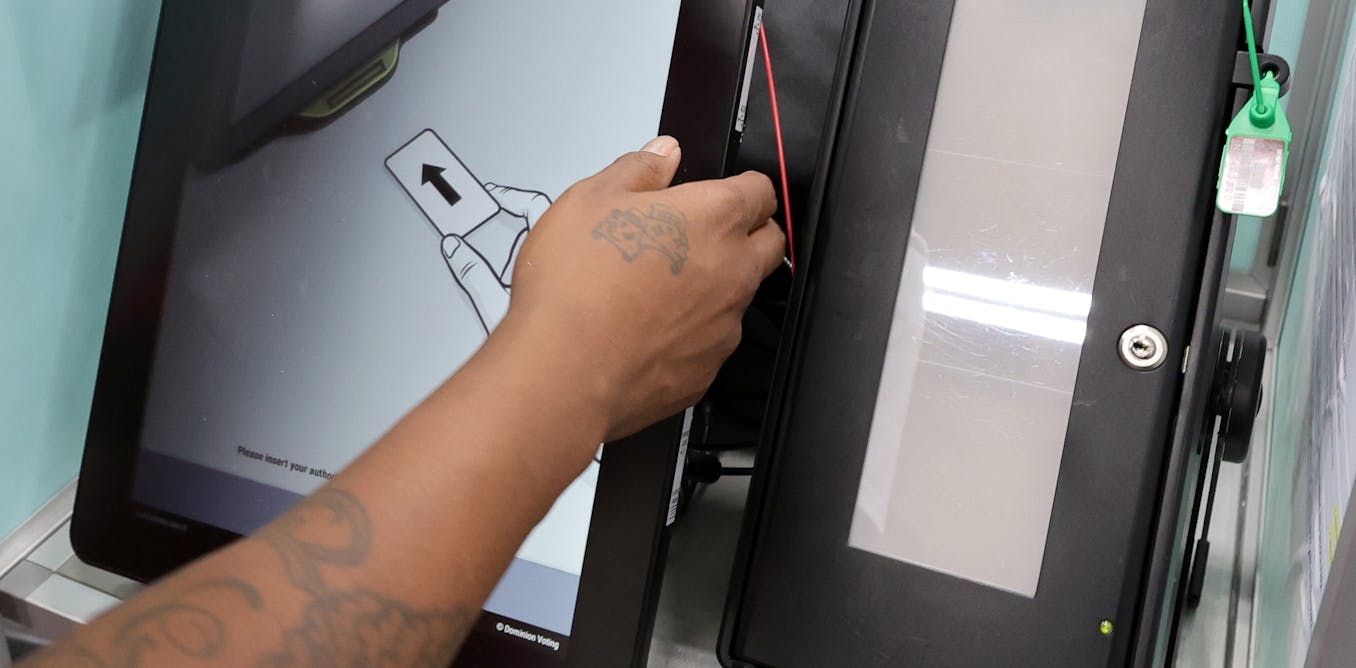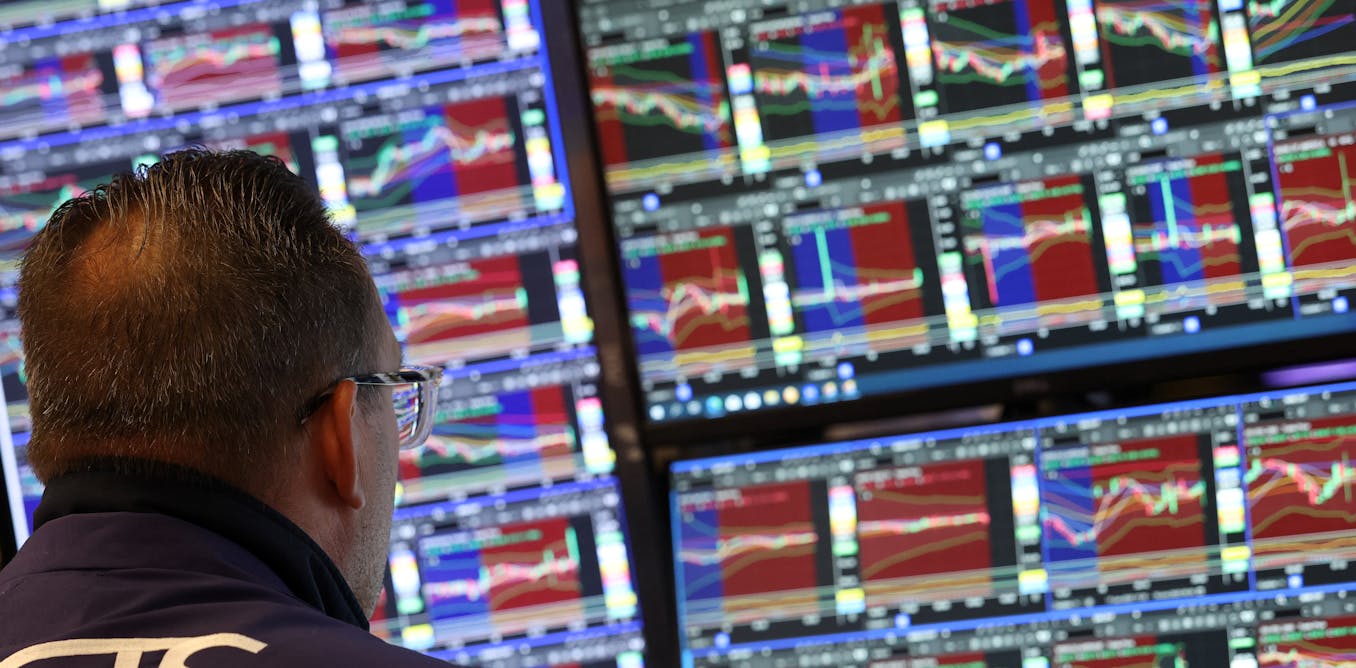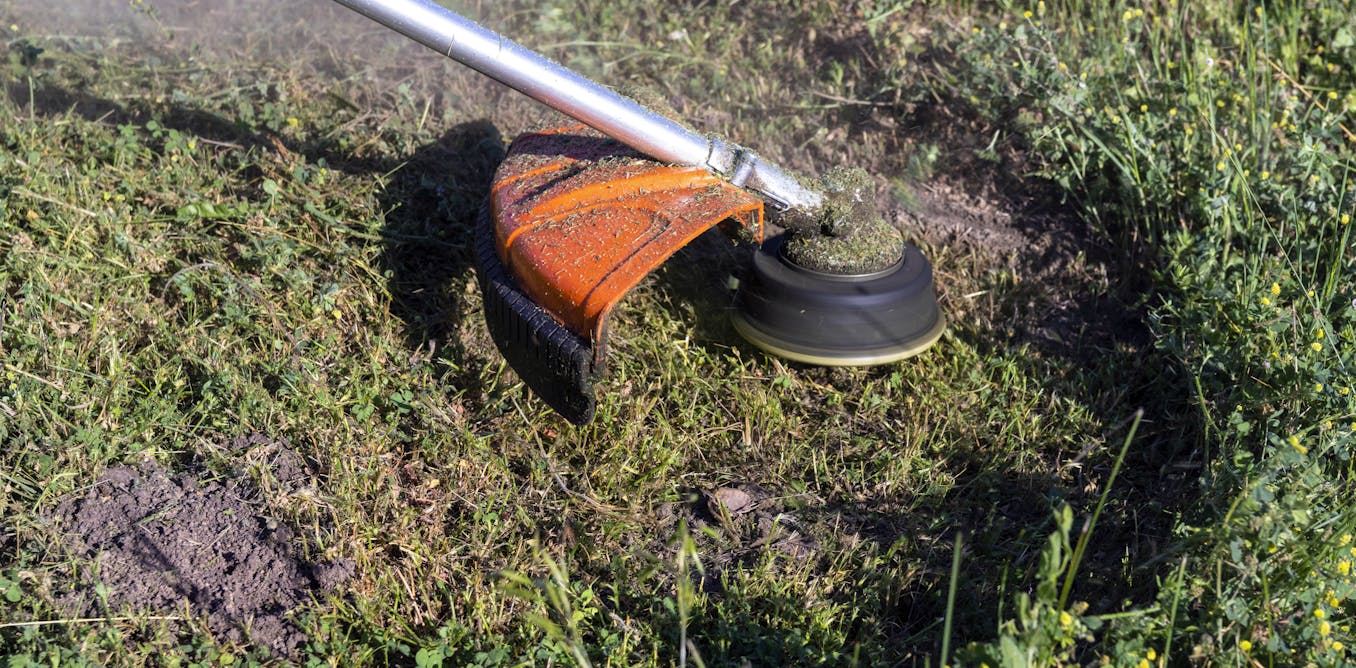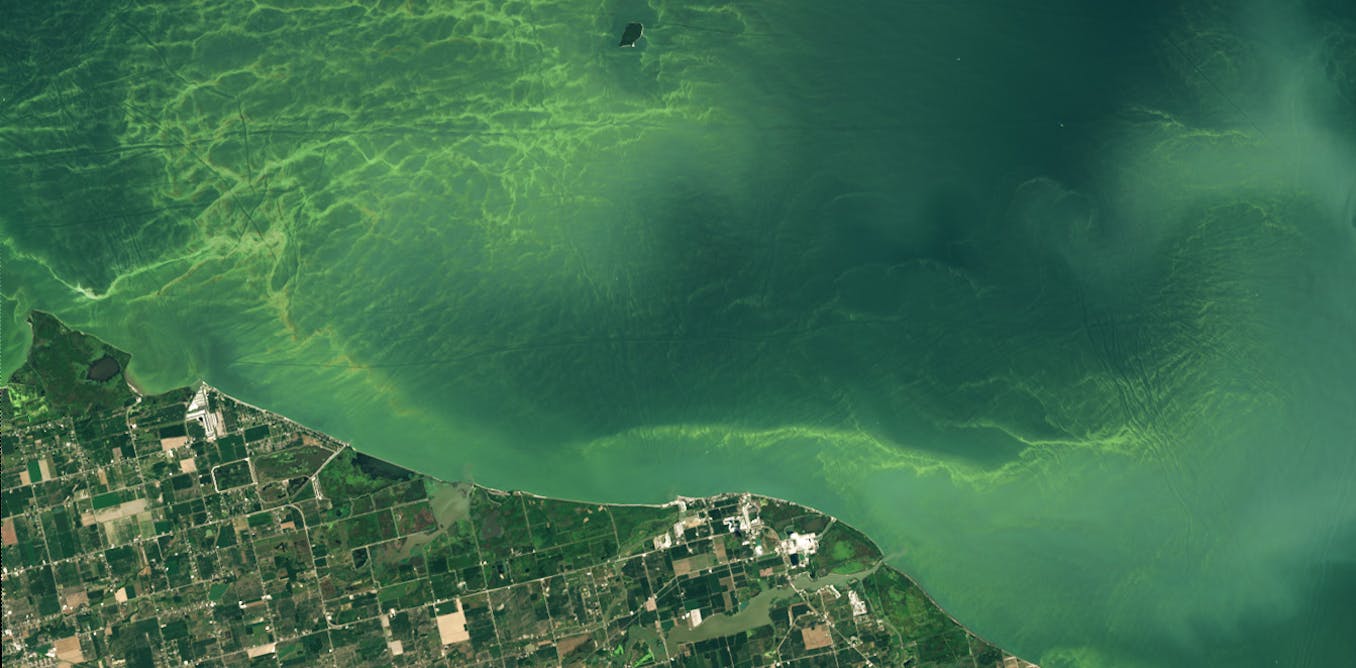What Danish climate migration drama, Families Like Ours, gets wrong about rising sea levels
International migration from climate change is the exception, not the norm.
June 27, 2025 • ~6 min
Cyberattacks shake voters’ trust in elections, regardless of party
A study found that viewing news of a cyberattack lowered voter trust in election integrity – even when the voter’s candidate won and even if the attack wasn’t on voting systems.
June 27, 2025 • ~9 min
Why energy markets fluctuate during an international crisis
Fears about supply, demand, profits and supply chains all combine into a volatile mix that delivers prices that are often higher in a crisis, but also change more rapidly and by larger amounts.
June 27, 2025 • ~8 min
What Trump’s budget proposal says about his environmental values
The White House proposal represents a dramatic retreat from the national goals of clean air and clean water enacted in federal laws over the past 55 years.
June 27, 2025 • ~12 min
Supreme Court rules that states may deny people covered by Medicaid the freedom to choose Planned Parenthood as their health care provider
The ruling limits the rights of Medicaid patients to choose their own health care provider. It could have consequences far beyond South Carolina.
June 27, 2025 • ~10 min
Hurricane Helene set up future disasters, from landslides to flooding – cascading hazards like these are now upending risk models
Risk models can’t rely just on the past anymore. A team of geoscientists suggests new ways to forecast evolving hazards in real time as cascading disaster risk worsens.
June 26, 2025 • ~7 min
Natural disasters don’t disappear when the storm ends or the earthquake stops – they evolve
Risk models can’t rely just on the past anymore. A team of geoscientists suggest new ways to forecast evolving hazards in real time as cascading disaster risk worsens.
June 26, 2025 • ~7 min
Toxic algae blooms are lasting longer in Lake Erie − why that’s a worry for people and pets
The blooms have become an annual problem in the Great Lakes. DNA studies show what’s growing there and why it’s dangerous.
June 26, 2025 • ~10 min
Toxic algae blooms are lasting longer than before in Lake Erie − why that’s a worry for people and pets
The risk of harmful algal blooms can be reduced. The biggest drivers of the increase are farm fertilizer and climate change.
June 26, 2025 • ~10 min
/
1077

